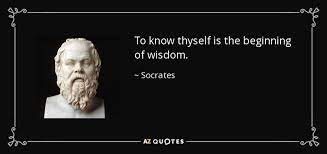Principle 3: Integral Psychotherapy accepts there are multiple lines or capacities in addition to self-system development. It expects that clients will be developmentally uneven and posits that interventions aimed at different lines can be useful in therapy.
Forman, Mark D.. A Guide to Integral Psychotherapy (SUNY series in Integral Theory) . State University of New York Press. Kindle Edition.
Howard Gardner is often credited with the idea of multiple intelligences. In Integral Philosophy this idea of multiple intelligences are called “lines” of development. Gardner originally describes eight intelligences and then added one more for a total of nine. Integral philosopher, Ken Wilber, describes twelve lines of development. Whatever models you prefer, it can probably be agreed there are a core group of intelligences such as cognitive, athletic, musical, artistic, mechanical, social, emotional, spiritual.
The development of these different kinds of intelligences is uneven with some highly developed and others poorly developed. The question might be asked to what extent is psychotherapy deficit focused and strength focused? A good psychotherapy is both deficit and strength focused. It is not unusual for a psychotherapist to find that a client expresses anguish over failure in one line of development while they excel in another. How important is it for a therapist to take a balanced approach to empower a client who expresses a desire to improve in the areas they are deficient in and amplify and expand the areas they are accomplished in?
We often are asked on employment interviews to identify our strengths and our weaknesses. This type of question brings up the old Greek philosophy dictum, “Know thyself.” and “An unexamined life isn’t worth living.”
One of the major benefits of psychotherapy is to improve one’s degree of self understanding.








